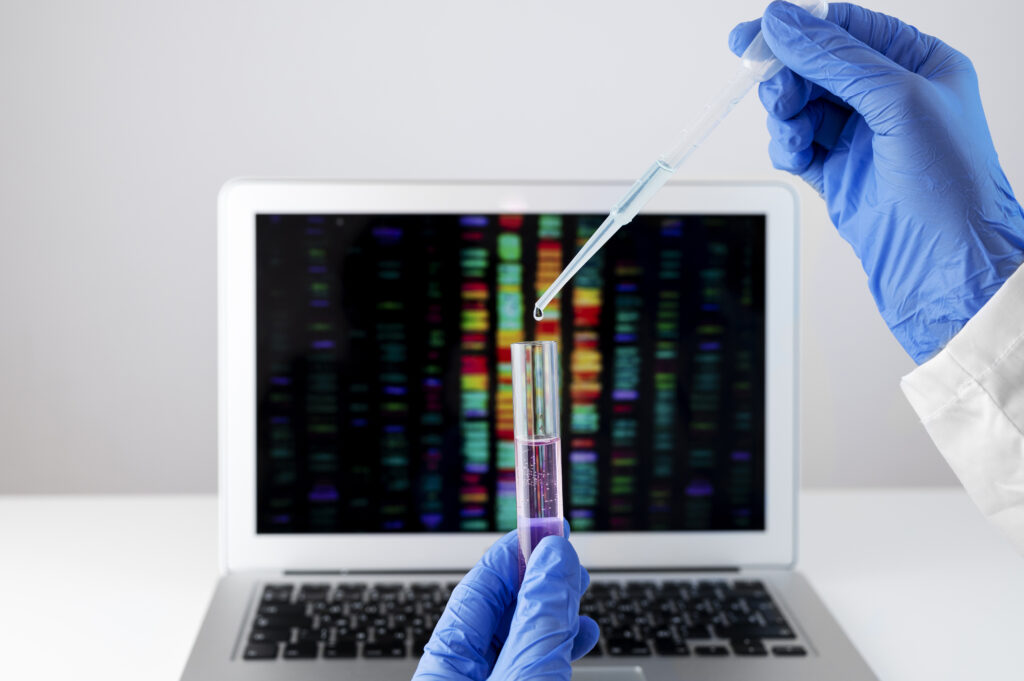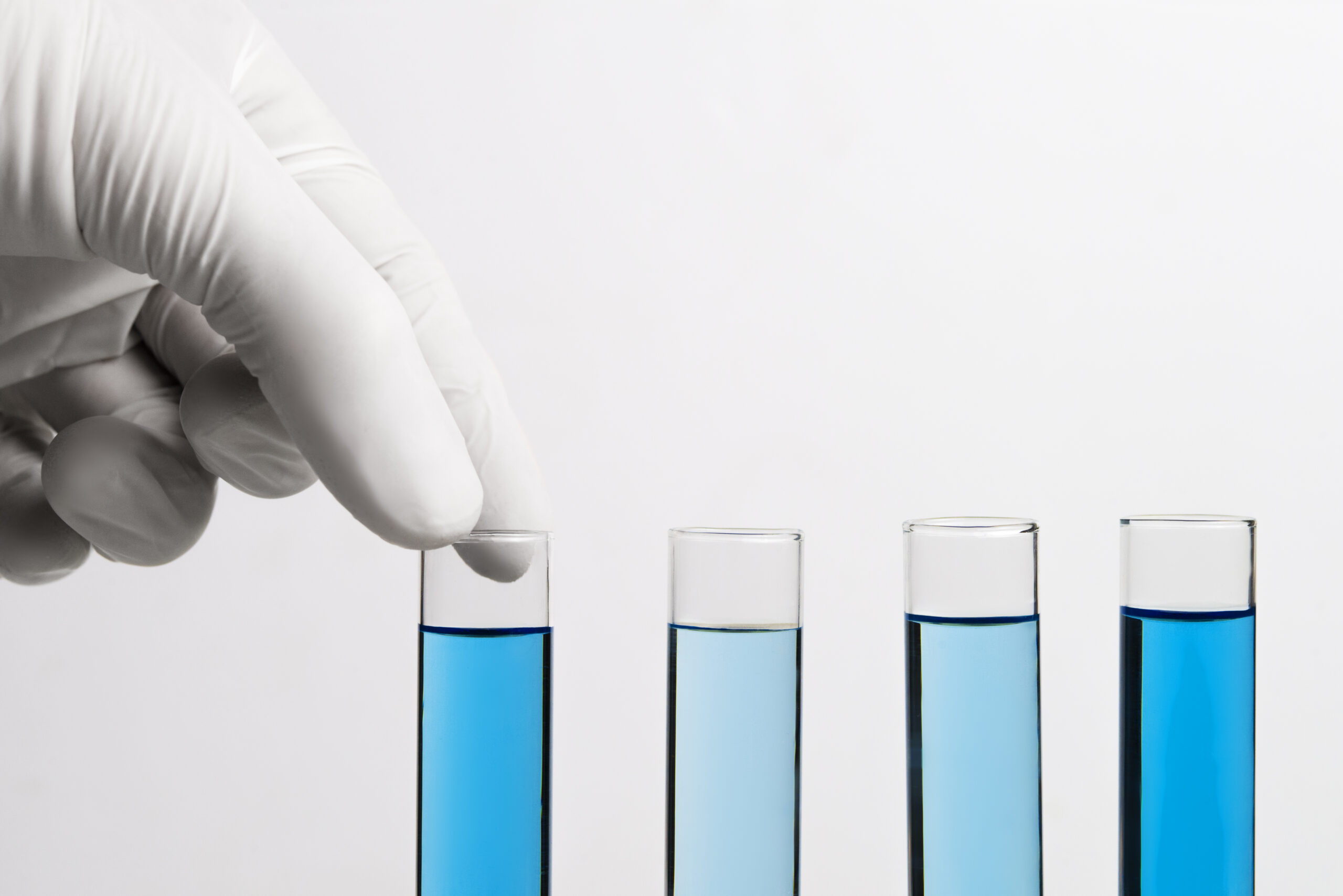
Biotech and pharmaceutical companies are going global, and clear communication has never been more important. As these companies expand into new markets, translating complex medical and scientific information accurately is essential—especially in drug development, clinical trials, and regulatory submissions, where small mistakes can lead to big problems.
The demand for translation services in these fields arises from strict regulations, rapid technological advancements, and the need for translation companies that truly understand the science. Precise communication isn’t just helpful—it’s vital for protecting global health.
Rising Globalization in Drug Development and Clinical Trials
As biotech and pharmaceutical companies move into emerging markets, the need for multilingual documents has skyrocketed. Every region has its own regulatory standards, making accurate translations more important than ever. In cross-border clinical trials, compliance isn’t optional—it’s required.
A single mistranslation in a patient consent form or trial protocol can have serious legal and ethical consequences. Translators must go beyond literal translations, adapting complex medical data to local regulatory languages while preserving its meaning. For instance, one global oncology trial faced significant delays when misinterpreted dosage instructions led to inconsistent administration protocols, triggering regulatory reviews and setbacks. Creating a clear glossary of trial-specific terms can help avoid these pitfalls, improving communication and reducing the risk of costly misunderstandings.
Stringent Regulatory Requirements Driving Demand for Accurate Translations

Agencies like the FDA, EMA, and PMDA demand flawless translations for drug approvals and patents. Each country has its own terminology preferences and strict rules, adding complexity to an already high-stakes process. Inconsistent or inaccurate translations can delay product approvals, trigger legal issues, or even lead to product recalls.
To address this, many companies use standardized translation memories—databases of previously translated terms—to maintain consistency across documents. This approach saves time and reduces errors. For example, a pharmaceutical company significantly reduced its regulatory approval time by using a centralized translation memory, which helped avoid repeated translation errors and accelerated the review process.
The Effect of AI and Machine Learning on Medical Translation Processes
AI-powered translation tools have made huge strides in speeding up translation workflows, especially for straightforward documents. These tools can process large volumes of data quickly, offering a helpful starting point for human translators.
However, when it comes to technical medical texts, AI has its limits. It often struggles with complex scientific terminology and subtle language nuances, leading to mistakes that could compromise patient safety or break compliance rules. That’s why most biotech and pharmaceutical companies use a hybrid approach: AI handles the initial draft, and expert human translators refine the content. This balance blends speed with the accuracy required for medical translations.
Specialized Expertise Required for Translating Scientific Concepts
Biochemistry, genetics, and pharmacology come with their own specialized languages—complex terms that don’t always translate directly. Medical translators need more than language skills; they require a strong background in the life sciences to accurately convey scientific concepts. For instance, translating pharmacokinetic data involves precise interpretation of absorption rates and metabolic pathways. Even minor misinterpretations can lead to incorrect dosage recommendations, directly affecting patient safety.
Inaccurate translations in these fields can have real-world consequences, such as incorrect dosage instructions, mislabeled medical devices, or missed drug interactions. To improve accuracy, ongoing training for translators in evolving scientific topics is crucial.
Future Market Trends and Growth Projections for Biotech and Pharmaceutical Translations
The rise of personalized medicine, biologics, and gene therapies is reshaping the healthcare scene. As these treatments reach global markets, the demand for skilled medical translators is increasing. These specialized fields require precise language to avoid misinterpretations that could impact patient care. A notable challenge arises when translating complex genetic data, where a single misinterpretation of a gene variant can alter treatment decisions, potentially leading to ineffective or harmful outcomes.
Telemedicine and international healthcare services are also expanding, creating even more demand for translators who understand complex medical terminology. Additionally, the surge in biotech patents calls for extensive multilingual documentation to secure intellectual property rights worldwide.
Conclusion
Clear communication is key as biotech and pharmaceutical companies go global. Accurate translations help protect patient safety, meet strict regulations, and avoid costly mistakes. Every country has its own rules, so small errors can lead to big delays or legal trouble. AI tools speed up the process but can miss complex medical details, so human experts remain essential. Combining both boosts efficiency without sacrificing accuracy. Companies can also use translation databases and invest in skilled translators with science backgrounds to reduce risks. Staying updated on medical trends ensures that translations remain sharp and reliable in a fast-growing industry.
Trending Products











